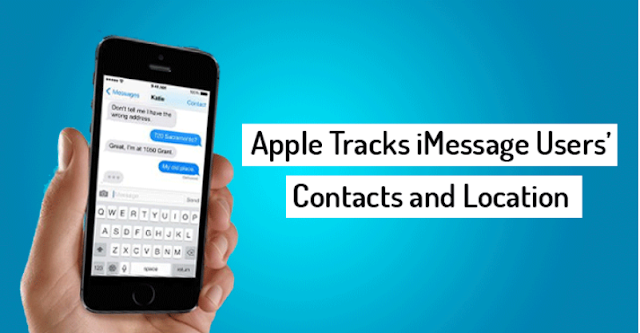Four of the biggest social networks, Twitter, Microsoft, YouTube and Facebook are going to be working together to build a database of photos and videos used to recruit people into terrorist organizations.
This shared database will identify images via a unique digital footprint, making it easier for them to identify and remove any imagery related to terrorism. Shared hashes will be used to help identify potential terrorist content on the mentioned social networks.
They said that hopefully this collaboration will lead to greater efficiency of helping to curb the global issue of terrorist content online.
A joint blog post by the 4 companies states:
“There is no place for content that promotes terrorism on our hosted consumer services. When alerted, we take swift action against this kind of content in accordance with our respective policies”.
Not the First Collaboration of Its Kind:
Exactly an year earlier, these big names had collaborated before as well to identify and remove child pornography from the internet using a similar technique. This technique was developed by the UK’s Internet Watch Foundation.
The companies said that the content flagged by the database will not be automatically removed from the platform, but instead it will be reviewed by each company, and by reviewing its policies it will be decided whether if it violates the company’s terms of service.
The companies also said that throughout this collaboration they will do their best to protect the users’ privacy and their ability to express themselves freely and safely on each of the mentioned platforms.
via The Verge“We also seek to engage with the wider community of interested stakeholders in a transparent, thoughtful and responsible way as we further our shared objective to prevent the spread of terrorist content online while respecting human rights”



